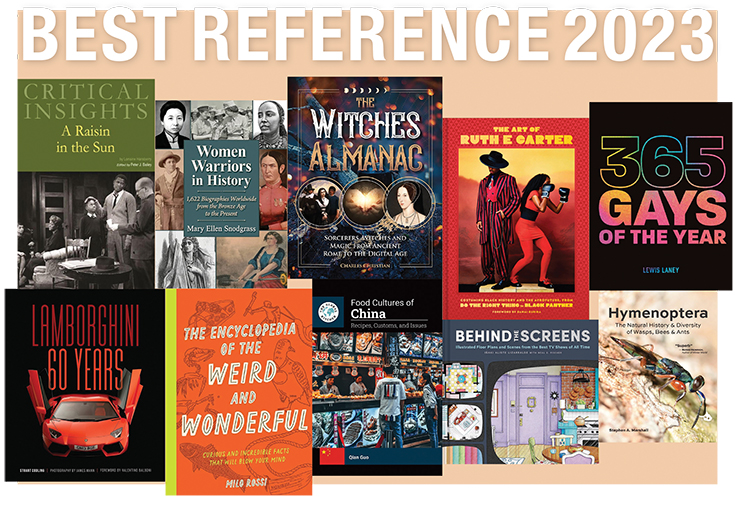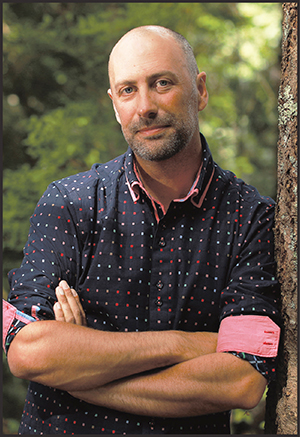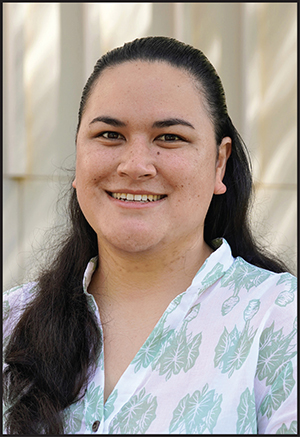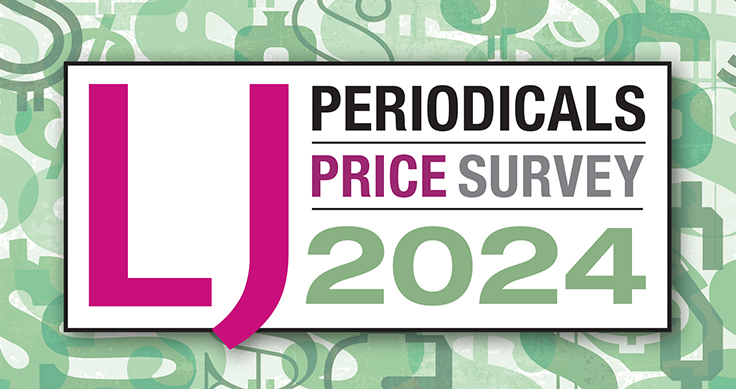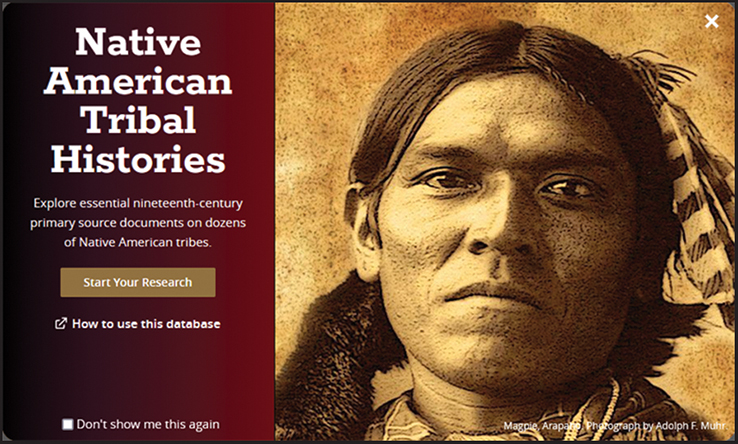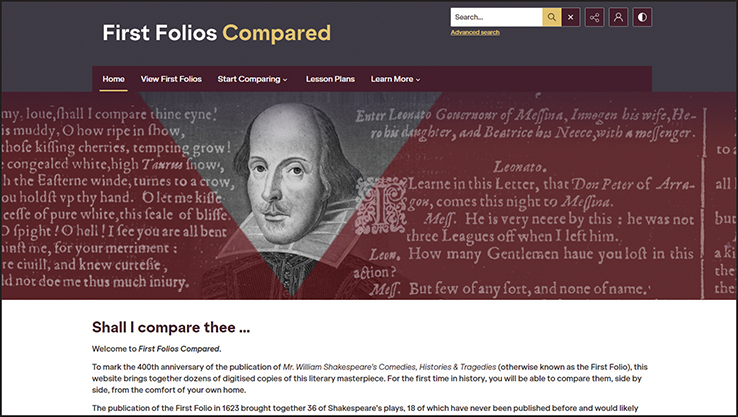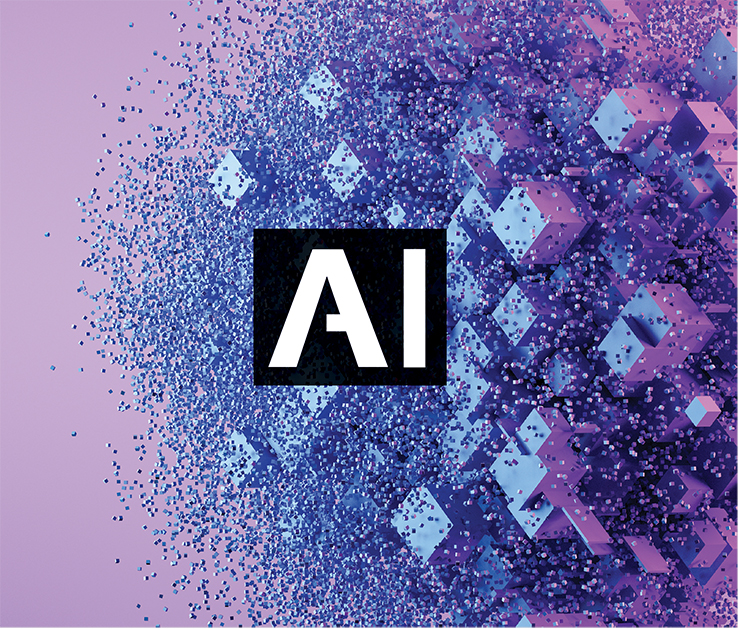Academic Libraries
ALL ACADEMIC LIBRARIES COVERAGE
Shavonn Matsuda, head librarian at the University of Hawai‘i Maui College Library, was named a 2023 Library Journal Mover & Shaker for her efforts to incorporate traditional Hawaiian languages and cultures into the academic library and cataloging system to guide Hawaiian scholars and community members more efficiently and robustly. LJ recently followed up with her to learn more about her work.
Many librarians lauded the development of Open Access (OA) publishing models, which offered, at least initially, to help solve the problem of an unsustainable and inequitable scholarly communications ecosystem while simultaneously addressing a growing interest in diversity, equity, and inclusion (DEI). In the past year, the idea that, with appropriate guardrails, Artificial Intelligence (AI) can also play a role in changing scholarly communications has risen to the fore. But can OA, DEI, and AI ever live up to their promise of an affordable, equitable and sustainable publishing ecosystem?
Because Project MUSE believes that knowledge has the power to enrich lives and that a sustainable scholarly ecosystem is essential for advancing humanity, we partner with mission-driven publishers and libraries to curate dependable content and fuel interdisciplinary discoveries that benefit everyone.
This extensive database of previously unaggregated primary-source documents provides a view of the United States government’s documentation of a crucial period in U.S. and Indigenous history. A valuable resource for researchers seeking firsthand reports in U.S. political and military history.
While writing this post, nestled here in Baltimore, the world watched and witnessed the devastating collapse of the Francis Scott Key Bridge, after it was struck by a cargo ship. The bridge, a landmark here in Charm City, arched over the Patapsco River carrying more than 12.4 million commercial and passenger vehicles in 2023.
Academic librarians are helping both students and instructors navigate the rapidly evolving field of artificial intelligence.
While Project MUSE curates humanities and social science scholarship from around the world, we’ve witnessed the demand for Latin American books on the global market double since 2020. Yet they haven’t always been easy to access – until now.
In close collaboration with its customers and the broader community, Ex Libris develops solutions that increase library productivity, maximize the impact of research activities, enhance teaching and learning, and drive student mobile engagement.
Sign up for our newsletter to learn more about Project MUSE
Learn more about Latin American Books on Project MUSE
Search our library of Latin American Books on Project MUSE
ALREADY A SUBSCRIBER? LOG IN
We are currently offering this content for free. Sign up now to activate your personal profile, where you can save articles for future viewing
